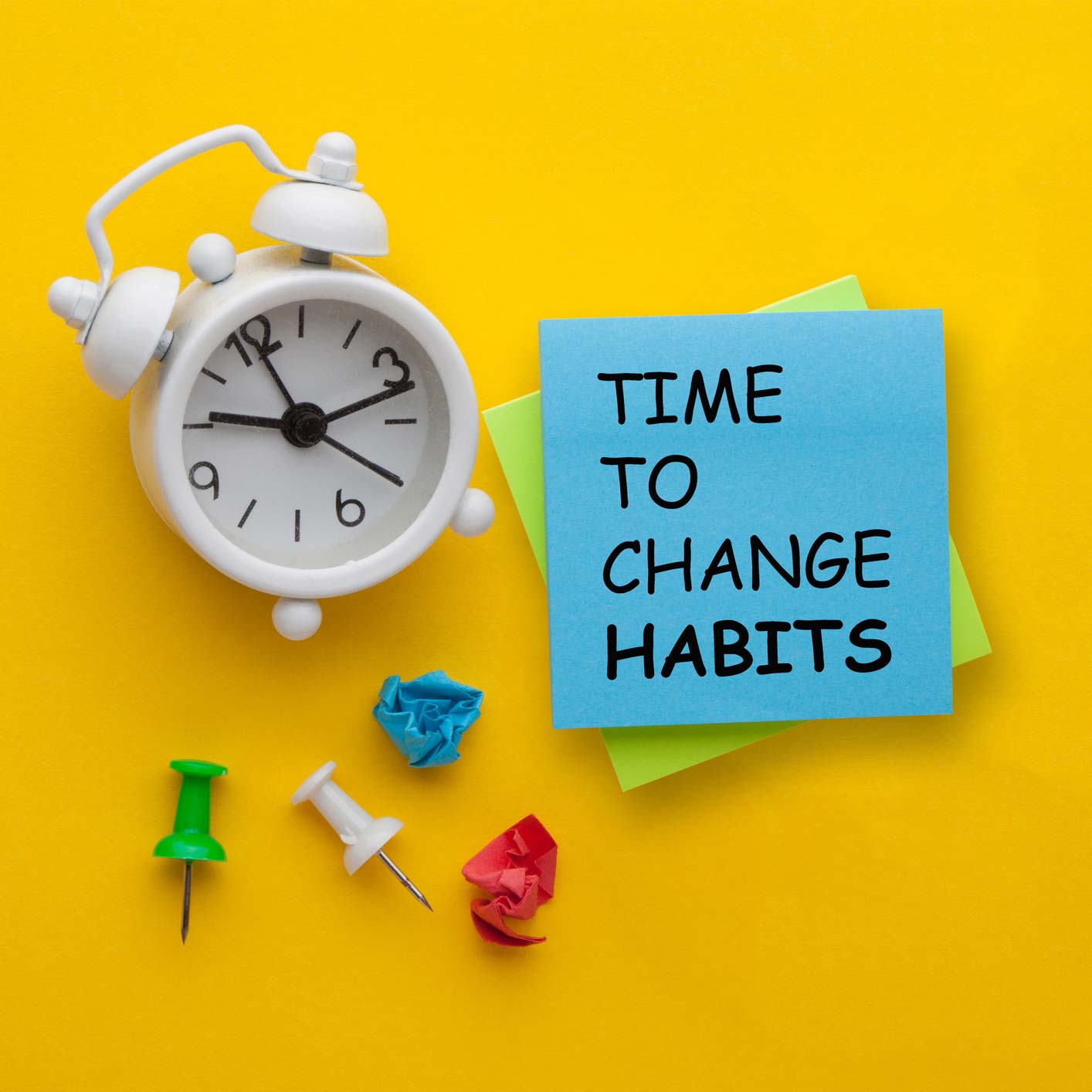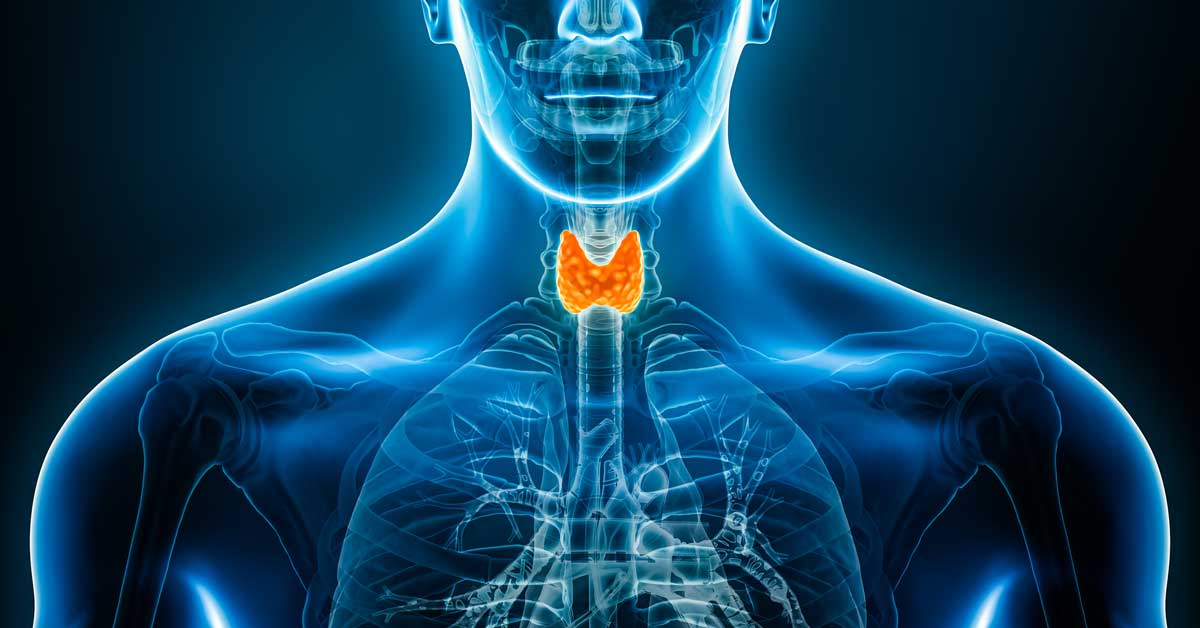Book Time Now for Staying Healthy in 2025
Book Time Now for Staying Healthy in 2025

Did you know that the yearly calendar we use today, called the Gregorian calendar, first came into use in the late 1500s? For centuries now, people have relied on calendars to structure their lives. These vital tools help us prioritize our time, stay productive and keep us on task.
Whether you prefer digital or paper formats, as you turn the page on your 2025 calendar this January, take some time to prioritize your health and well-being. Plan ahead and schedule in appointments for recommended wellness checkups and cancer screenings.
Cancer Screening Guide
According to the American Cancer Society, nearly 2 million Americans are diagnosed with cancer each year and more than 600,000 will die of these diseases. Thanks to ongoing research, screening tests are now available for many types of cancer. These tests are effective at finding cancer, often before signs or symptoms appear. When detected early, certain cancers are much easier to treat, preventing thousands of cancer cases and deaths. Early diagnosis and treatment is a substantial factor in surviving cancer.
Florida Cancer Specialists & Research Institute (FCS) urges everyone to talk with their physician about cancer screenings and follow recommended guidelines. Here are some of the most common cancer screenings for people at an average risk and with no family history:
Contact Us
Skin Cancer: Skin cancer is the most common cancer in the U.S. Screening involves checking your skin and any moles for changes that could be signs of cancer. An annual skin check by a dermatologist or your primary physician is recommended, especially for those with a family history of skin cancer.
Breast Cancer: In addition to monthly self-examinations, the American Cancer Society recommends that, starting at age 40, all women have annual screening mammograms. Talk to your doctor about what is right for you, based on your own family health history and your risk factors.
Cervical Cancer: A Pap test is advised for all women, beginning at age 21 and continuing until age 65. Women from 21 to 29 should have a Pap test every three years. Beginning at age 30, a Pap test combined with human papillomavirus (HPV) testing is recommended every five years.
Colorectal Cancer: Colonoscopy screening for colorectal cancer should start at age 45 and be done every 10 years, unless recommended more often by your doctor, up until age 75. This type of screening not only detects cancer early, but, in many cases, it can prevent cancer from developing by identifying and removing polyps (abnormal, precancerous growths within the colon).
Lung Cancer: Low-dose CT scanning is recommended for some people who are at higher risk for lung cancer. This group includes adults, ages 55 to 80, who have a 30 pack-year smoking history and who currently smoke or have quit within the past 15 years. To determine a pack-year score, multiply the number of packs smoked per day by the number of years smoked. So, if you smoked two packs a day for 20 years, your pack-year score would be 40.
Oral Cancer: Screening for oral cavity and oropharyngeal cancer may be done during a routine checkup by a dentist or medical doctor. The exam will include looking for lesions or abnormal-looking areas in the mouth and throat, where 75% of all head and neck cancers begin.
Prostate Cancer: The PSA blood test (which measures prostate-specific antigen in the blood) is used to screen men for prostate cancer. Screening should typically begin at age 50. Slow-growing prostate cancer does not always require treatment. It is important to talk with your doctor about the risks and potential benefits, based on your personal and family history.
Screening recommendations can vary based on your age, family history and lifestyle. Talk to your health care professional about cancer screening, and please do not skip or delay your recommended screenings. Most are painless and covered by insurance plans or community prevention programs. Getting healthy is definitely worth the effort, so be sure to mark your calendar!
Little Things Can Make a Big Difference
When it comes to preventing cancer, little things can make a big difference, especially when it comes to making healthy lifestyle choices. You may want to include some of these in your resolutions for the new year.

STOP SMOKING
In the U.S., 80 to 90 percent of all lung cancer deaths are related to cigarette smoking, according to the Centers for Disease Control and Prevention. Tobacco products, including cigarettes, e-cigarettes, cigars, pipes and chewing tobacco, have been linked to several other types of cancer, including colorectal, bladder, breast, throat, cervical, mouth and esophageal. If you’re not a smoker, don’t start. If you smoke, it’s never too late to quit. Your health will improve, and you’ll reduce your risk of cancer, heart disease and other illnesses. An effective first start, even if you’ve tried before, is to prepare a quit plan. A wide range of tools, tips and other resources can be found on the website, SmokeFree.gov.

ENJOY THE SUN SAFELY
The majority of all skin cancers are caused by exposure to the sun’s ultraviolet light rays. For maximum protection, oncologists recommend applying a broad-spectrum, water-resistant sunscreen with a sun protection factor (SPF) of 30 or higher to all skin that is not covered by clothing. Clothing items with an ultraviolet protection factor (UPF) number on the label are now widely available. A wide-brimmed hat and sunglasses with UV protection are also recommended. Children and adolescents, especially, should be protected from the sun, since severe sunburns at younger ages may increase the risk of melanoma. Exposure to artificial UV rays with the use of tanning beds or sunlamps also increases the risk of skin cancer and should be avoided.

EAT HEALTHY & KEEP MOVING TO PREVENT CANCER
There is growing evidence what we eat plays a significant role in some types of cancer. For example, studies have found a higher incidence of prostate cancer in men whose diets are high in fats, particularly animal fats, and low in vegetables. Certain types of breast and colorectal cancer have also been linked to what we eat. A diet high in fruits, vegetables, beans and whole grains, and low in red meat and processed foods and sugar, is recommended to help reduce cancer risk. Limit alcohol consumption to no more than two drinks a day for men and one drink a day for women.
Aim for at least 30 minutes of physical activity each day. Exercise can help to control your weight and avoid obesity, with the added benefits of increased energy, reduced stress and a healthy boost to the immune system to help fight cancer and other diseases.





Comments